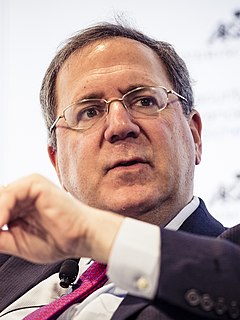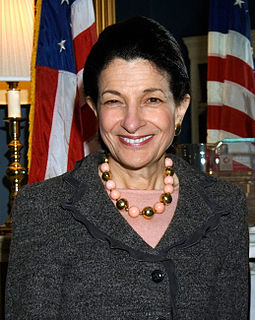A Quote by James Comey
The destructive malware attack against Sony Pictures Entertainment (SPE) in late 2014 was an unprecedented cyber event for the United States in its scope, destructiveness, and economic implications. The FBI responded to this attack with an investigation that was groundbreaking in its scope and collaboration.
Related Quotes
The idea the president of the United States was warned that Al-Qaeda was going to attack the United States and did nothing about it - really? Do you think any president of the United States, if he had even an inkling there was going to be an attack, they wouldn't have moved heaven and earth to try to stop it?
The art of the indirect approach can only be mastered, and its full scope appreciated, by study of and reflection upon the whole history of war. But we can at least crystallize the lessons into two simple maxims- one negative, the other positive. The first is that, in face of the overwhelming evidence of history, no general is justified in launching his troops to a direct attack upon an enemy firmly in position. The second, that instead of seeking to upset the enemy's equilibrium by one's attack, it must be upset before a real attack is, or can be successfully launched
My view is that the cyber threat is bigger than any one government agency - or even the government itself. But the FBI brings a rare combination of scope and scale, experience, and tools to the mix. We investigate criminal activity like intrusions and cyber attacks, but we also investigate national security threats like foreign influence.
We in the FBI have created a malware repository and analysis tool known as the Binary Analysis Characterization and Storage System, or BACSS, which provides near real-time investigative information. BACSS helps us link malware in different jurisdictions and paint a picture of cyber threats worldwide.
































